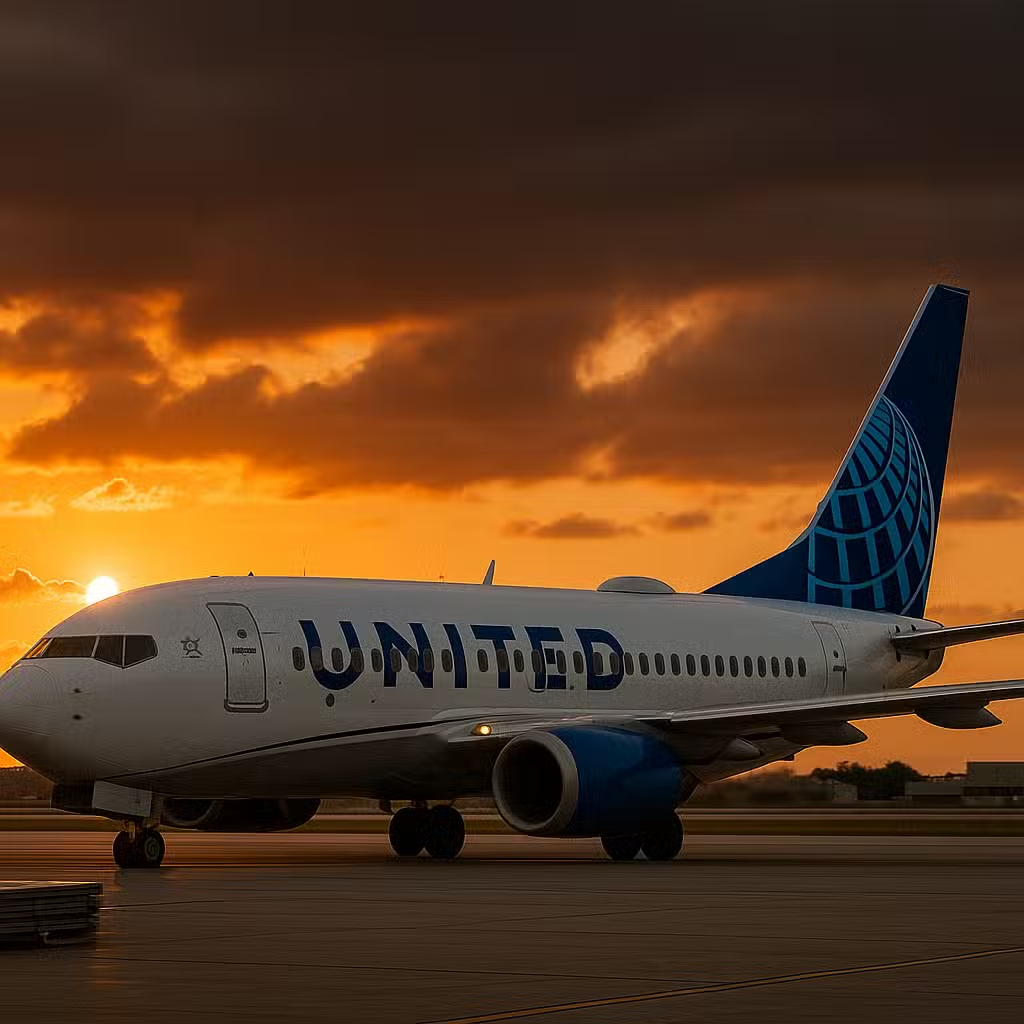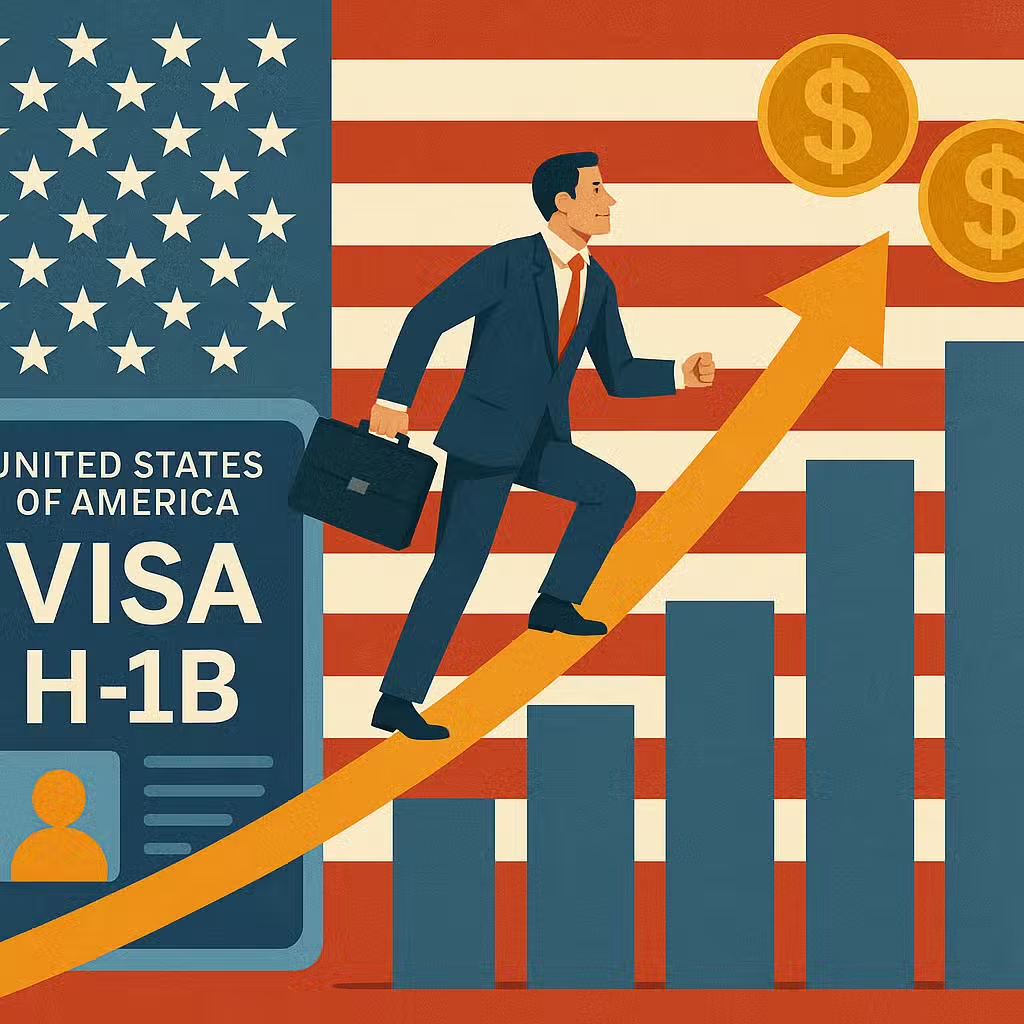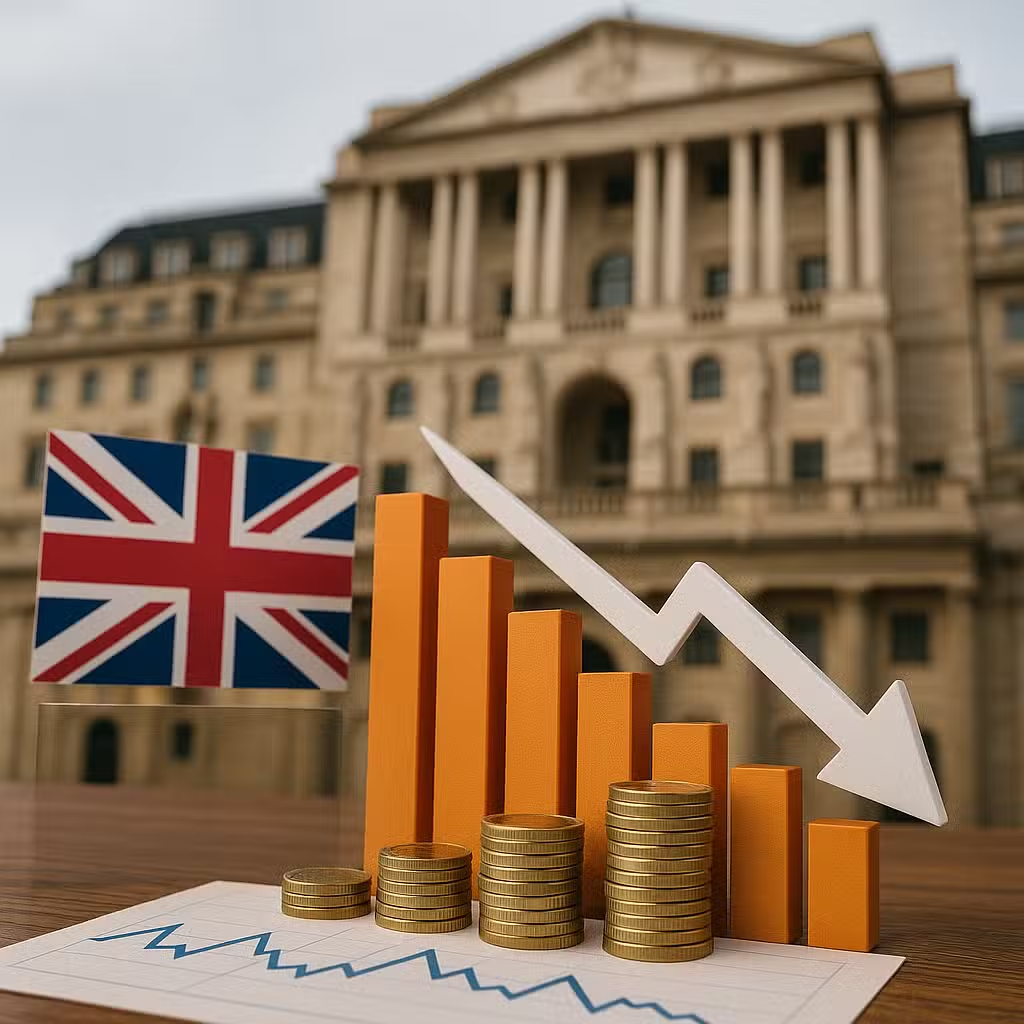United Airlines CEO Warns Prolonged Shutdown Could Impact Airline Recovery and Investor Returns
Imagine planning a big family road trip, but suddenly all the traffic lights stop working and highway signs go blank. That’s a bit like what’s happening with air travel during a government shutdown—and it matters for anyone investing in airlines or travel stocks.
Why Investors Should Care
When the government shuts down, many federal workers—including those who keep planes flying safely—have to work without pay. Airlines like United and Delta rely on these workers to keep flights running smoothly. If travelers start to worry about safety or delays, they might book fewer flights. That’s not great news for airline stocks, portfolios, or the broader travel sector.
Bull Case: Why It Might Not Be So Bad
- No Immediate Impact: So far, United and Delta say the shutdown hasn’t hurt their business. People are still booking flights, hoping things get fixed soon.
- Essential Workers Still on the Job: Air traffic controllers and TSA officers are still working, even if they aren’t getting paid right now. This helps keep the skies safe and flights moving.
- Past Shutdowns Ended Quickly: The last big shutdown in 2018 lasted just over a month, but air travel bounced back fast once it ended. According to the U.S. Government Accountability Office, the 2018–2019 shutdown caused short-term pain but no long-term damage to the airline industry.
Bear Case: The Risks Are Real
- Growing Worries: United’s CEO Scott Kirby says the longer the shutdown lasts, the more people lose confidence in the government. That could mean fewer people booking flights for vacations or business trips.
- Staffing Shortages: The FAA says some airports are already feeling the squeeze from thin staffing. In places like Nashville and Burbank, flight disruptions have started to pop up.
- History Repeats: During the 2018 shutdown, a shortage of air traffic controllers caused serious delays, especially around New York. If that happens again, travelers and investors could see more turbulence.
- Union Pressure: Air traffic controllers are handing out flyers at airports, asking travelers to push lawmakers to end the shutdown. Their stress and fatigue could lead to mistakes or more delays.
What the Data Says
According to a 2019 government report, the 2018–2019 shutdown delayed more than 40,000 flights and cost the U.S. economy about $3 billion in lost output. While airlines recovered, investors saw short-term stock swings and uncertainty in the travel sector.
Investor Takeaway
- Stay Alert: Watch for news about the government shutdown and how long it might last. The longer it goes, the bigger the risk to airlines and travel-related investments.
- Check Airline Earnings: Keep an eye on earnings calls from major airlines like United and Delta for signs of changing bookings or warnings about delays.
- Diversify: If you’re heavy in travel stocks, consider balancing your portfolio with sectors less affected by government shutdowns.
- Look for Bargains: If airline stocks dip on shutdown worries but the situation looks temporary, it could be a chance to buy quality companies at a discount.
- Remember History: Past shutdowns caused short-term problems, but airlines recovered. Don’t panic, but stay informed and ready to act.
For the full original report, see CNBC







